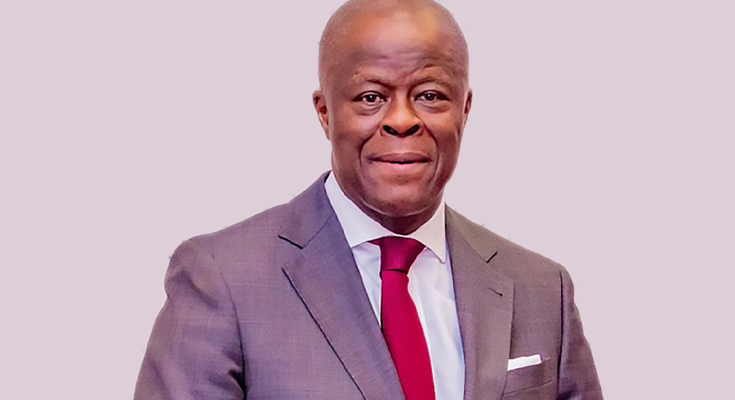Nigeria witnessed a significant surge in capital importation in the first quarter of 2025, as total inflows rose to $5.64 billion, marking a 67.12 per cent increase compared to the $3.38 billion recorded in the first quarter of 2024, according to the latest report from the National Bureau of Statistics (NBS).
The report titled “Nigeria Capital Importation in the first quarter of 2025” also showed a 10.86 per cent quarter-on-quarter growth, up from $5.09 billion in the fourth quarter of 2024 — a strong indication of growing investor confidence amid Nigeria’s ongoing macroeconomic reforms.
A detailed breakdown reveals that portfolio investments led the inflows, accounting for $5.2 billion or 92.25 per cent of total capital importation.
This was followed by other investments at $311.17 million (5.52 per cent), while Foreign Direct Investment (FDI) lagged far behind with $126.29 million (2.24 per cent).
According to the NBS, the performance reflects renewed interest from short-term foreign investors, particularly in the Nigerian debt and equity markets.
Dr. Bismarck Rewane, economist and CEO of Financial Derivatives Company, commented: “The overwhelming dominance of portfolio flows tells you where investor confidence is returning — but it’s also a cautionary tale. Portfolio investments are volatile and can reverse sharply at the slightest policy misstep.”
In terms of sectors, the banking industry attracted the largest share, with inflows totaling $3.13 billion, representing 55.44 per cent of total capital importation.
The financing sector followed with $2.1 billion (37.18 per cent), and the manufacturing sector trailed behind at $129.92 million (2.3 per cent).
Financial institutions also played a key role in capital mediation. Standard Chartered Bank Nigeria Ltd received the highest capital inflow — a total of $2.10 billion, followed by Stanbic IBTC Bank with $1.4 billion, and Citibank Nigeria with $1.05 billion.
Uche Uwaleke, a professor of the capital market, noted: “What this shows is that investors trust Nigerian banks as conduits for investment — especially when macroeconomic signals such as interest rates and exchange rate reforms align with global expectations.”
Capital importation during the period was largely sourced from the United Kingdom, which accounted for $3.68 billion (65.26 per cent) of total inflows. Other major contributors included South Africa ($501.29 million or 8.88 per cent) and Mauritius ($394.51 million or 6.99 per cent).
Of the five states that received capital importation, Abuja (FCT) emerged as the leading destination with $3.05 billion (54.11 per cent), followed by Lagos State with $2.56 billion (45.44 per cent).
Ogun, Oyo, and Kaduna states received marginal amounts, with combined inflows of less than $20 million.
Adewunmi Adesina, an investment strategist, said: “It’s no surprise that Lagos and Abuja are dominating capital attraction. However, the fact that only five states attracted capital inflows signals the urgent need for subnational economic reform to improve the ease of doing business across the country.”
